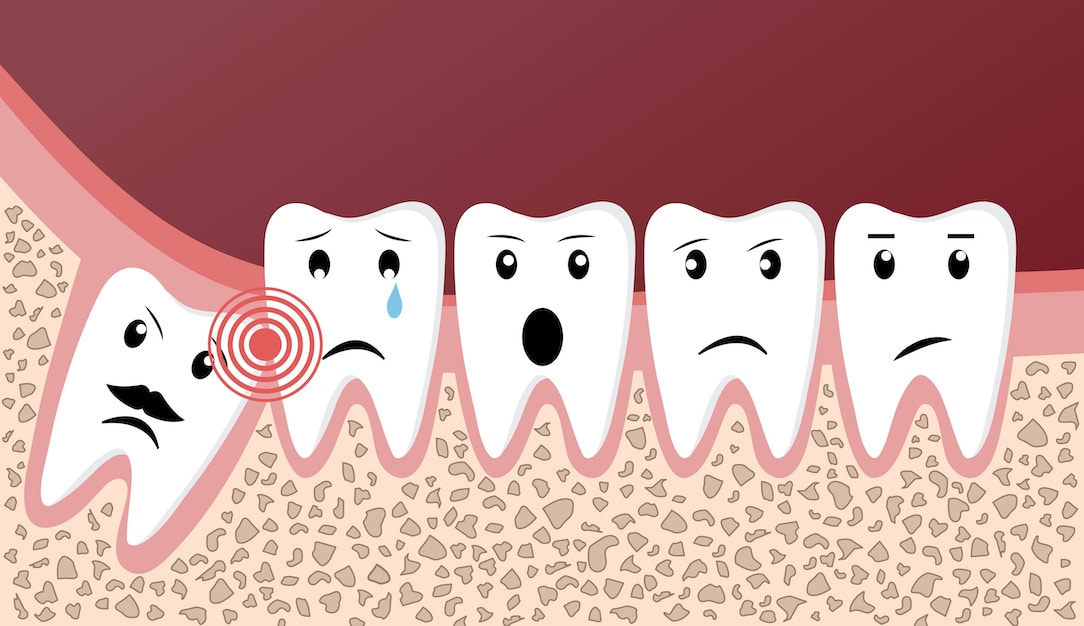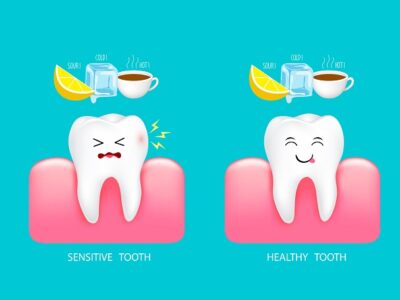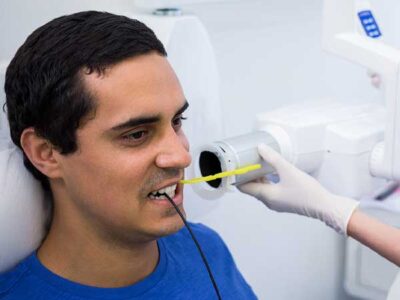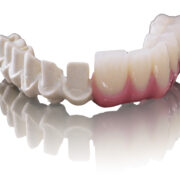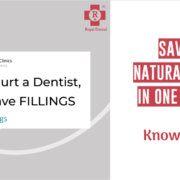The emergence of wisdom teeth, or third molars, is a common dental milestone that typically occurs during the late teenage years or early twenties. However, it’s not uncommon for individuals to have an asymmetrical distribution of wisdom teeth, with some having them on only one side of the mouth. This phenomenon may raise questions and curiosity about its underlying causes. In this article, we’ll explore the reasons why some people have wisdom teeth on only one side of their mouth.
What are wisdom teeth?
The final set of molars, called wisdom teeth or third molars, normally erupt between the ages of 17 and 25 throughout late adolescence or early adulthood. Although some people may have fewer or none at all, the majority of adults have four wisdom teeth—one in each upper and lower jaw corner. In our evolutionary past, when our predecessors’ foods were harder and more difficult to chew, these teeth were more important. But because of dietary and dental hygiene changes, a lot of people nowadays deal with wisdom teeth problems like infections, crowding, or impaction. Consequently, extraction of wisdom teeth is a popular dental operation used to maintain oral health and avoid these issues.
Why Do I Have Wisdom Teeth Only on One Side?
Genetics affects the growth and eruption of wisdom teeth. Wisdom teeth may erupt on only one side of the mouth if one side of the family has a history of inadequate or delayed wisdom tooth development.
Every side of the jaw may occasionally have a different amount of space. Whereas the opposite side might not have enough room, which would result in the absence or partial development of wisdom teeth, the side with more room or less crowding might allow the wisdom teeth to form and erupt.
Teeth, especially wisdom teeth, can occasionally erupt differently due to developmental abnormalities or asymmetries in jaw growth. The occurrence of wisdom teeth on only one side can result from certain irregularities that impact one side more than the other.
Wisdom teeth can sometimes affect one side of the mouth while not the other. Teeth that do not erupt completely from the gum line are said to be impactions; this is frequently the result of inadequate room or incorrect alignment.
What should I do if I only have wisdom teeth on one side?
For checkups and dental exams, make routine visits to Dr. Chirag Chamria. In addition to monitoring any possible problems like impaction or crowding, he can evaluate how your wisdom teeth are developing.
See Dr. Chirag Chamria in the event that you are in pain or discomfort, or observe any symptoms of impaction (such as swelling or trouble opening your mouth). He is able to assess the location of your wisdom teeth and make recommendations for the best course of action, which may include extraction if necessary.
Maintain proper dental hygiene habits whether you have wisdom teeth on one or both sides. Using mouthwash, flossing once a day, and brushing twice a day will help you maintain a healthy mouth and lower your risk of cavities and infections.
Regarding the care of your wisdom teeth, heed Dr. Chamria’s counsel and suggestions. If the teeth are bothering you, they might recommend extraction; if not, they might just keep a watchful eye on them.
Why is only one wisdom tooth coming in?
There are several reasons why only one wisdom tooth may erupt. Genetic factors could play a role, since certain people may be predisposed to delayed or asymmetrical wisdom tooth growth. Furthermore, because there might not be enough room for all four wisdom teeth to erupt properly, a restricted amount of space in the jaw can contribute to one wisdom tooth appearing while the others do not. A single wisdom tooth may occasionally erupt due to variations in tooth eruption caused by malformations in the jaw’s development. Another possibility is impaction, which occurs when one tooth is impacted while others do not. Impaction occurs when a tooth does not fully emerge because of space constraints or incorrect location.
Conclusion
In conclusion, a combination of hereditary variables, restricted jaw space, developmental abnormalities, and possible impaction can explain why wisdom teeth are present on only one side of the mouth. Speaking with a dentist like Dr. Chirag Chamria is essential for a customized evaluation and plan of action. Dr. Chamria stresses the value of routine dental examinations, practicing proper oral hygiene, and getting an immediate evaluation for any wisdom tooth-related symptoms or concerns. People can make more educated judgments about their general oral health and dental care by being aware of these aspects.
© All rights reserved by Royal Dental Implants Pvt Ltd Issued in public interest

